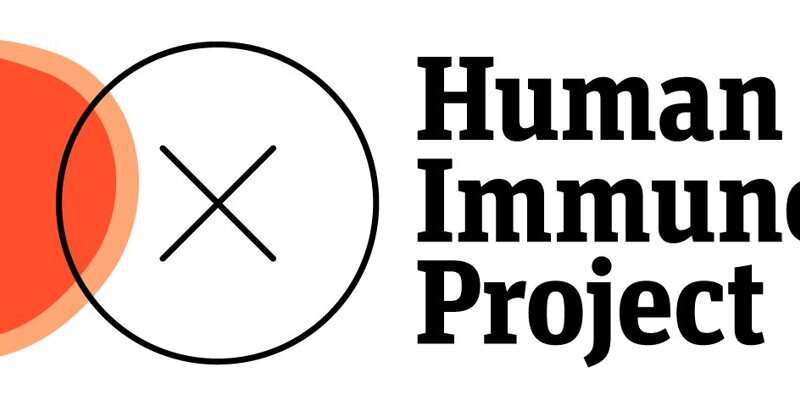The Human Immunome Project unveils scientific plan to decode and model the immune system

The Human Immunome Project (HIP), a global nonprofit scientific initiative, released its Scientific Plan today, on World Immunology Day, the organization announced. The plan provides a detailed roadmap of how the Human Immunome Project and its network of global study sites will generate the world's largest and most diverse immunological dataset and use these data to power publicly available AI models of the immune system.
"The immune system is the epicenter of human health, and our newly released Scientific Plan outlines an actionable, global strategy for how we can unlock the secrets of the immune system and harness its power to improve health for all," said Dr. Hans Keirstead, CEO of the Human Immunome Project.
The human immune system is one of the most complex systems in the world—and one of its most important. It determines whether we survive infancy, which diseases we get, how we age, and how long we'll live. Understanding our immune system is the key to fighting disease and improving health for all. Yet its complexity has limited our ability to tap into its potential—until now.
Recent advances in immune monitoring and AI provide the tools to generate and rapidly process the trillions of datapoints required to model the immune system for the first time, to understand how it varies across individuals, and to develop targeted approaches to elongating healthspans and combatting disease.
Despite these tremendous advances, our understanding of the immune system remains limited: less than one percent of the immunological data necessary to understand immune function and diversity on a global scale are available. As such, HIP's first mission is generating diverse immunological datasets at scale.
To generate these data, HIP is establishing a network of global study sites that reflect the diversity of humanity (across age, ethnicity, geography, sex, and socioeconomic status) and immune responses. Data will be generated through a phased approach and enabled by HIP-engineered Immune Monitoring Kits—a collection of assays and operating procedures that facilitate rapid, robust, and standardized data collection worldwide.
This collaborative, global effort will produce longitudinal, baseline datasets that enable scientists to assess developmental and age-dependent changes and computationally stitch together the health trajectory of different population groups worldwide. For more details on the global study protocol, review the summary.
With the Scientific Plan now fully articulated, the Human Immunome Project is working to establish its initial Pilot Sites—up to 10 state-of-the-art sites that will collect data, help refine the site model, and prepare HIP for scale. These sites will be spread globally with a focus on the Global South and sub-Saharan Africa, specifically.
As data collection progresses, HIP will begin to develop AI models—first predictive, then mechanistic—that will deepen our understanding of immune responses and individual and population-based health trajectories. These models will provide a holistic view of the immune system and empower scientists with a new, transformative tool to advance drug development, strengthen personalized medicine, and increase healthspans. These data and models will additionally produce new insights relevant to nearly all health conditions, including key global health challenges related to maternal health, aging and cognitive decline, and disease evolution.
An initial draft of HIP's Scientific Plan was shared with a group of global experts at the "Human Immunome Project Into Action Conference," hosted at CosmoCaixa Museum of Science by the CaixaResearch Institute and HIP in November 2023. The conference provided participants an opportunity to input into the Scientific Plan and concluded with an endorsement of the mission and vision of the Human Immunome Project.
Since November, HIP's science team, led by Dr. John Tsang, Dr. Shai Shen-Orr, and Dr. Orit Lavi, have refined the plan using feedback gathered at the conference. The result is a detailed strategy to decode and model the immune system with the ultimate goal of improving health for all.
"The Human Immunome Project is at the cutting-edge of scientific discovery and is uniquely positioned to provide the scientific and medical communities with the knowledge and tools to innovate new diagnostics, drugs, vaccines, and immunotherapies that can address disease, elongate healthspans, and enable more personalized and more effective healthcare for all. I could not be prouder to lead this global effort," said Dr. Keirstead.
Provided by Human Immunome Project